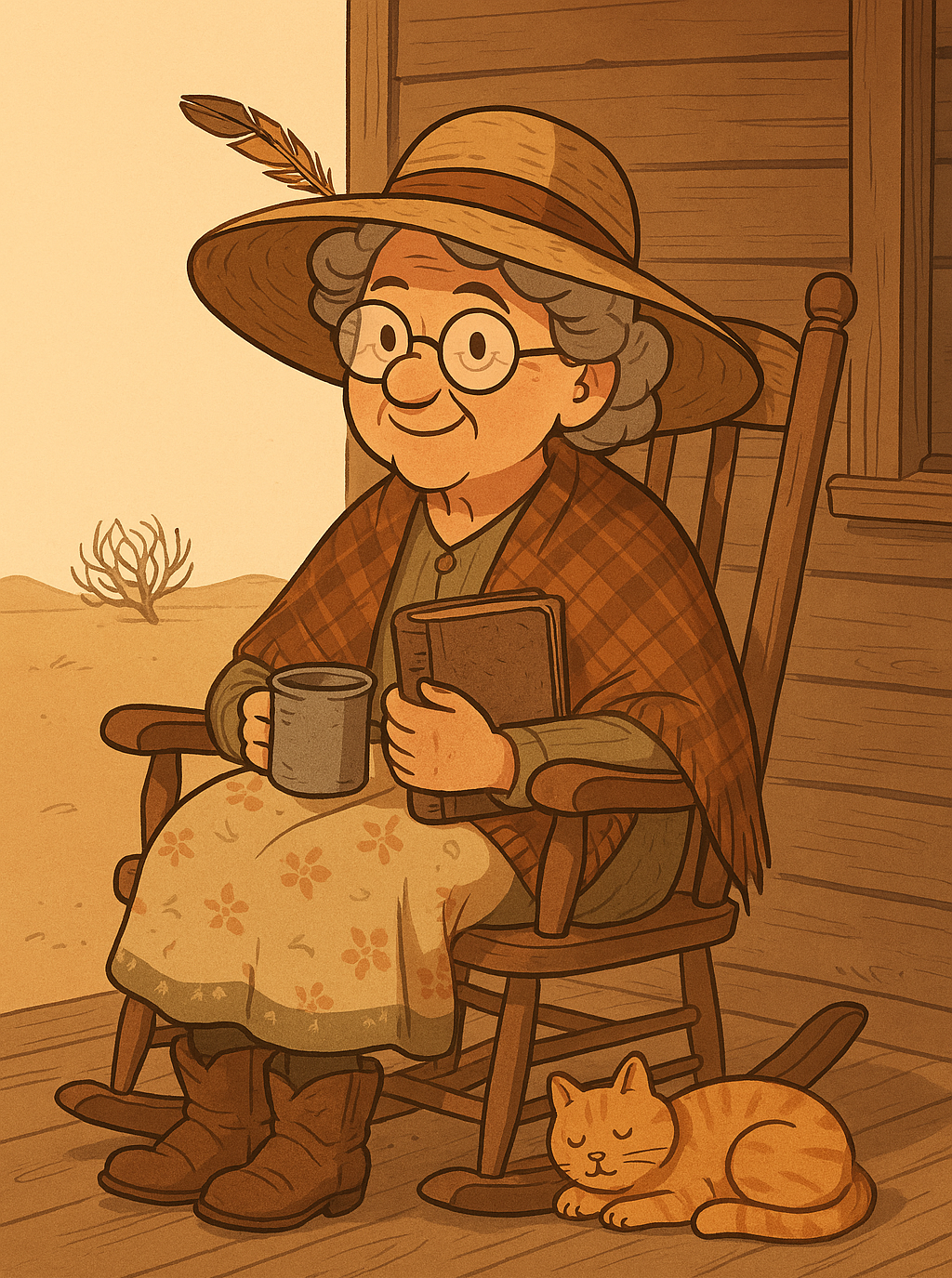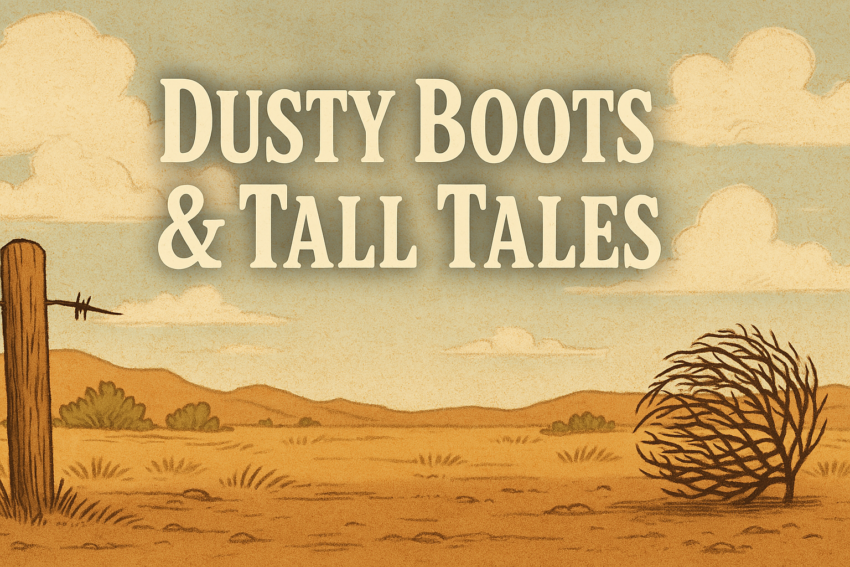Alright there, pull up a stool by the fire, and let ol’ Clemmie spin you a yarn about what winter used to be like in our very own Cedar Valley. It weren’t always easy livin’, especially when the snow started to fly.
Now, back in the early days, when folks first settled here in Lehi and what would become Cedar Fort and Fairfield, winter was a whole different critter than what we see today. The folks tell us that when those first families finished their log cabins, they had to hustle to get quarters for their animals and cut what grass they could for hay. But sometimes, that grass would get frozen and unfit for the poor critters.
The first winter in the little fort around Lehi, it weren’t a picnic. Many folks went entirely without shoes, and their clothing was patched up somethin’ fierce. But you know what? They were a resilient bunch. The good Lord kept ’em healthy, and they were mighty grateful for the freedom and the homes they’d come all this way to find. They even held religious services throughout the cold months.
Now, the Echo Canyon War happened in the late 1850s, and some of our Lehi fellas had to march up towards Weber River and Echo Canyon in November, and the folks mention they were travelin’ through Emigration Canyon and over the Big Mountain where the winter snows were gatherin’ in great drifts. They even set up camp, but then word came that Johnston’s army was goin’ into winter quarters, so our boys got to come home in early December. Seems that snow on the Big Mountain could get impassable, so travelin’ wasn’t always a simple matter.
Later on, around the turn of the century, even just a mention in the records tells you somethin’. Back in 1904, there was an epidemic of colds and pneumonia in the Cedar Valley ward, and they noted that the snow was fast disappearin’. That tells you it got cold enough for sickness to spread in the wintertime.
Now, while not directly in Cedar Valley, the experiences of folks in nearby Cache Valley give you a good idea of what them early winters could be like. Back in 1847, when they first got there, they had deep snow that covered up fences and woodpiles. They had to dig down through the snow just to get to their firewood and hay. Bread was scarce, and they mostly ate boiled wheat with milk. But they were resourceful and hunted game to have fresh meat through the winter.
There was also that winter of 1855-56, they called it the “Hard Winter” all over Utah. The snow was deep from November to the middle of March. The grasshoppers had eaten up the crops the summer before, so it was tough on the livestock, with many dying of starvation. You can imagine how hard that was on the families dependin’ on those animals.
Even up in Bear Lake Valley, folks had their struggles. One account from 1863 tells of ’em havin’ to wade knee-deep in icy water in a slough just to cut grass for hay. And they even had snow fallin’ as late as May some years! Another time, the snow in Bear Lake drifted so high it covered up their windows, and they were low on supplies, gettin’ only one mail delivery all winter. When their hay ran low, gettin’ to the little bit of grass on the south-facing hills meant trudgin’ through two miles of snow.
So, while Cedar Valley might not have had all the exact same hardships as those other places, you can bet your bottom dollar that winter was a force to be reckoned with. It tested the strength and resilience of those early settlers, and it’s a part of our history that’s important to remember.

Unofficial Historian, Front Porch Philosopher & Occasional Pie Judge
Clementine Wrenfield (but you can call her Clemmie) is a self-appointed keeper of curious stories, dusty diaries, and questionable facts. Born under a clothesline and raised on her grandmother’s tall tales, Clemmie believes every fence post has a story—and she’s on a mission to find it. When she’s not digging through old trunks or sipping sassafras tea, she enjoys hosting dramatic reenactments of historical events using only sock puppets and her neighbor’s goats.
She’s never met a mystery she didn’t want to solve or a pie she didn’t want to critique.

